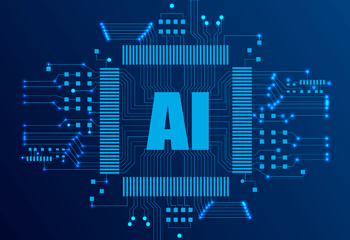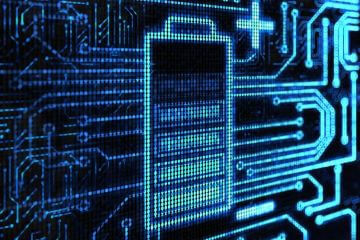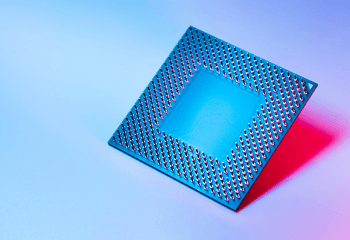Electronics Articles
Electropages Insights Blog covers the latest in electronic design through webinars and articles. Delve into topics from sensors to AI implications. Stay ahead with Electropages.
Lithium-ion (Li-ion) batteries are the most dominant rechargeable battery worldwide, but they don’t have the highest energy density of all commercially available batteries. The key to their success has been their relatively high energy density coupled with the...
By Liam Critchley | 23-11-2021
The new Apple iPhone 13 has seen millions of sales worldwide, and its impressive list of features clearly demonstrates why Apple products continue to be popular in the Smartphone industry. However, a new discovery made by repair shops shows Apple’s resistance...
Environment | By Robin Mitchell | 22-11-2021
Smart meters are supposed to save customers energy and help customers make informed decisions about their energy usage. However, the truth behind smart meters is that they are far from energy-saving devices and instead just another way for utility companies to...
By Robin Mitchell | 22-11-2021
Recently, researchers have developed an electric generator that can utilise the heat from fever to power basic wearable devices. What challenges do typical thermoelectric generators present, what did the researchers demonstrate, and could it be vital to poweri...
Wearables | By Robin Mitchell | 19-11-2021
Electropages Podcasts
GaAs can be used to create highly efficient solar cells, and researchers have found a way to combine GaAs nanowires with standard Si-based solar cells. What challenges do solar panels face, what did the researchers achieve, and could this technology help impro...
By Robin Mitchell | 18-11-2021
Trackable devices are becoming increasingly popular while simultaneously becoming cheaper to develop. What tracking technologies exist, what benefits do they provide, and what challenges do they face? What tracking technologies exist? Tracking tech...
By Robin Mitchell | 17-11-2021
In a market wholly dominated by the Li-ion battery, there is a lot of potential for rechargeable metal batteries—with lithium, sodium, calcium and magnesium metal batteries all being investigated. For this reason, rechargeable metal batteries are some of the m...
By Liam Critchley | 17-11-2021
Recently, researchers from the University of Cambridge have developed a new nano camera technology that allows for chemical reactions to be viewed using spectroscopy as they occur. What challenges can chemical reactions present, what did the researchers develo...
By Robin Mitchell | 16-11-2021
A medical sensor start-up company has received over $650,000 in funding to develop wearable devices for epilepsy patients. What challenges does epilepsy present, what does the device in development do, and what challenges do wearable devices face? What c...
Wearables | By Robin Mitchell | 16-11-2021
Recently, Samsung announced its latest memory technology that will be targeted towards the metaverse and mobile AI applications. What features does the new memory have, why is RAM so important in AI applications, and could dedicated AI hardware make such devic...
AI | By Robin Mitchell | 15-11-2021
There has been a lot of conversation recently about a new concept called the metaverse. What is the metaverse, what technologies will power it, and what challenges could it face? What is the metaverse? The term metaverse has been around since the 9...
By Robin Mitchell | 15-11-2021
Recently, Nvidia announced its latest open platform called Omniverse, allowing for virtual collaboration and accurate real-time simulations for training. What challenges does modern AI face, what exactly does the Omniverse platform do, and how does Omniverse d...
By Sam Brown | 12-11-2021















